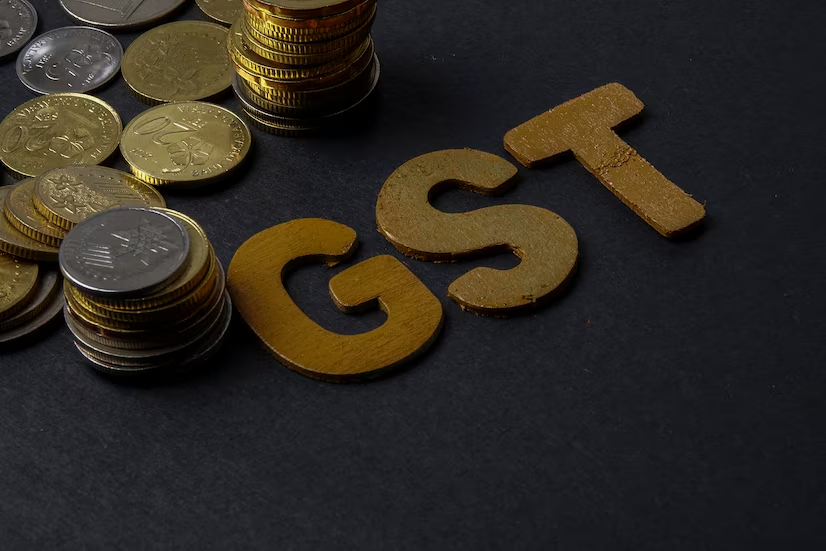Our Servies
Goods and Services Tax
Goods and Services Tax
Before GST (Goods and Services Tax) was introduced, India had a complex tax system where both the Central and State governments applied different taxes on goods and services. These included excise duty, service tax, sales tax, and value-added tax (VAT).
This system had several problems:
- Businesses had to pay multiple taxes on the same transaction.
- The taxes could not be adjusted against each other.
- Tax rates and rules were different across states, making compliance difficult.
- Companies had to create complicated tax-saving strategies instead of focusing on business growth.
To simplify taxation, GST was introduced in July 2017. Under this system, both the Central and State governments tax transactions in a similar way, making most business activities tax-neutral. This has helped companies focus more on their operations rather than on managing different taxes. However, since GST is still a relatively new system, some challenges remain, such as:
- Issues with transitioning from old tax laws.
- Complexities in tax benefits for specific regions.
- Anti-profiteering rules (ensuring businesses pass on tax benefits to consumers).
- Refund delays and input tax credit issues.
- Unclear rules around contracts, securities transactions, and promotional schemes.
These challenges require further clarifications and improvements to make GST more efficient and business-friendly.


The Importance of Professional Guidance in GST and How I Can Help
GST laws are intricate and constantly evolving, making it crucial to have the right guidance to navigate compliance, minimize risks, and resolve disputes effectively. Proper assistance ensures that businesses stay on the right side of the law while optimizing tax efficiency. Here’s how I can help:
- GST Returns & Assessments: Ensuring accurate filing and compliance with regulations.
- GST Advisory: Providing strategic guidance on structuring transactions and supply chains under GST.
- Compliance & Contract Reviews: Evaluating business agreements and processes to align with tax laws.
- Due Diligence & Litigation Support: Assisting in dispute resolution and representing clients before tax authorities, tribunals, and courts.
- Advance Ruling Assistance: Seeking clarity on complex tax matters to prevent future legal challenges.
With extensive experience handling GST matters, I offer practical solutions tailored to your business needs, allowing you to focus on growth while ensuring smooth tax compliance.
Speak With Us Today!
Receive tailored guidance and legal solutions for your unique needs. Connect with us
today and take the first step toward resolving your challenges
Why Do You Need Assistance of a Lawyer in Such Matters?
Navigating legal and tax-related matters can be complex, especially with evolving regulations and compliance requirements. Professional legal assistance ensures that individuals and businesses remain compliant while minimizing risks and avoiding costly disputes. Here’s why seeking professional guidance is essential:
For GST Matters
- Complex Tax Compliance: GST laws involve frequent updates, compliance requirements, and sector-specific regulations that require legal interpretation.
- Dispute Resolution: Legal assistance helps in handling GST disputes, and appeals before tax authorities, tribunals, and courts.
- Advance Rulings & Clarifications: Lawyers can represent businesses before Advance Ruling Authorities to seek clarity on tax treatment.
- Input Tax Credit & Refund Issues: Ensuring rightful claims and avoiding unnecessary liabilities due to incorrect filings.
